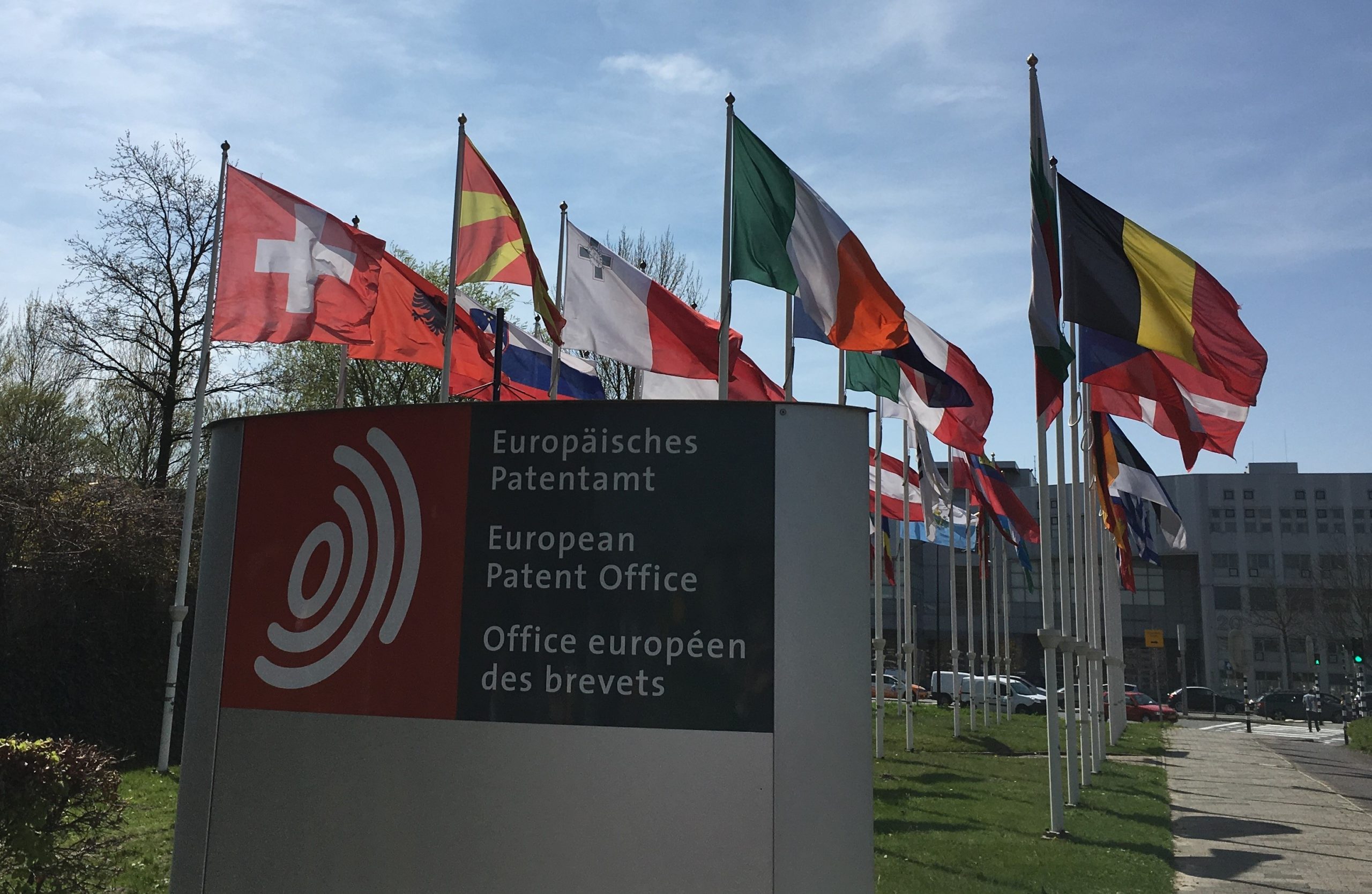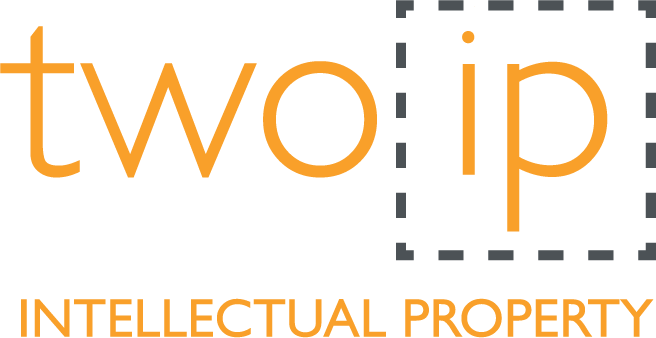
Last year the European Patent Office (EPO), Enlarged Board of Appeal (EBA) issued its decision in G1/21 on the legality of oral proceedings held by video conference (ViCo). The EBA decided that the mandatory use of ViCo was appropriate during a state of general emergency, e.g. the COVID-19 pandemic. So how is the EPO applying G1/21 and what are its implications for the continued use of ViCo oral proceedings in appeal cases post-pandemic?
The G1/21 Decision
In 2021, to deal with the disruption to in-person oral proceedings being caused by COVID-19 related travel restrictions, the EPO introduced a new Rule of Procedure of the Boards of Appeal (RPBA), that permits a Board of Appeal to hold oral proceedings by ViCo whenever “the Board considers it appropriate to do so”. The continued use of mandatory ViCo oral proceedings sparked a referral, G 1/21, to the EBA on the legality of the new rule.
In G1/21 the EBA held that:
“During a general emergency impairing the parties’ possibilities to attend in-person oral proceedings at the EPO premises, the conduct of oral proceedings before the boards of appeal in the form of a videoconference is compatible with the EPC even if not all of the parties to the proceedings have given their consent to the conduct of oral proceedings in the form of a videoconference.”
How has the EPO been applying G1/21?
Given the emergence of the Omicron variant and the resulting continued state of general emergency into 2022, applying G1/21 has been relatively straight forward for the EPO Boards of Appeal. This is because G1/21 made a clear distinction between “normal times” and a “state of general emergency” in determining whether mandatory ViCo oral proceedings are appropriate.
For example in T 1259/17, relating to Procter & Gamble’s patent (EP1712610), one of the opponents requested that oral proceedings be held by ViCo due to the travel difficulties caused by the COVID-19 pandemic. The P&G objected to the use of ViCo and requested a delay to the oral proceedings to enable them to be held in-person.
The Board of Appeal (BoA) cited G 1/21 (Reasons 44) and noted that, whilst suboptimal, the use of ViCo was “normally sufficient to comply with the principles of fairness of proceedings and the right to be heard”. However, the BoA also interpreted G 1/21 as meaning that a request for proceedings to be held in-person can only be refused if ViCo is considered to be a suitable format for a particular case and if there are circumstances affecting the parties’ ability to attend (Reasons, point 1.4). In T 1259/17 both sides provided reasons as to why they could not attend the proceedings on the scheduled date (citing restrictions to travel and quarantine obligations). The question then became whether the BoA considered ViCo as a suitable format this this case.
P&G argued that the case was highly complex, involving several opponents, a large number of objections and the cited documents included experimental data. The BoA was not persuaded and held that that the number of documents and opponents did not make the use of ViCo inappropriate, since the ViCo software (Zoom) could easily deal with multiple participants. In face, the BoA suggested that Zoom would improve the oral proceedings experience, since “it is even easier to look at multiple presenters as all of them are shown in frontal view”, and that users “have the possibility of highlighting the speaker by individually choosing the ‘speaker view’ in Zoom”.
Important to the BoA’s decision in this case is the fact that the oral proceedings had already been postponed four times, resulting in a delay of almost two years. The opposition decision dated back to 2017, more than 4 years before the scheduled ViCo oral proceedings. Ultimately, the BoA decided that the use of ViCo oral proceedings was justified in this case (Reason, point 1.9). As a result of the Appeal oral proceedings, the patent was revoked.
Other decisions applying G 1/21 include T 0158/19, T 2817/19, T 1197/18 (IPKat), T 2030/18, T 1499/16, T 1870/16, T 2186/17, T 2474/17, T 0779/18. In each of these decisions the Boards of Appeal refused a request for in-person proceedings (and/or a postponement of proceedings) on the basis of G 1/21. Interestingly however, in T 1807/15, the case from which G1/21 arose, the BoA decided to grant the parties their request for in-person proceedings. In this case, in contrast to the other decisions applying G 1/21, both parties requested in-person proceedings in preference to ViCo.
What next?
As COVID-19 restrictions continue to be relaxed across Europe, how will the EPO Boards of Appeal now apply G1/21? Has the “state of general emergency” passed? It will be interesting to see whether there is another referral to the EBA on this matter. The EPO has a clear digital strategy and has made clear that it wants to make greater use of ViCo oral proceedings, a move which the Chartered Institute of Patent Attorneys, representing the UK patent attorney profession, is very much supportive of.
We believe that ViCo oral proceedings can be of great benefit to applicants – you can read our thoughts here.





